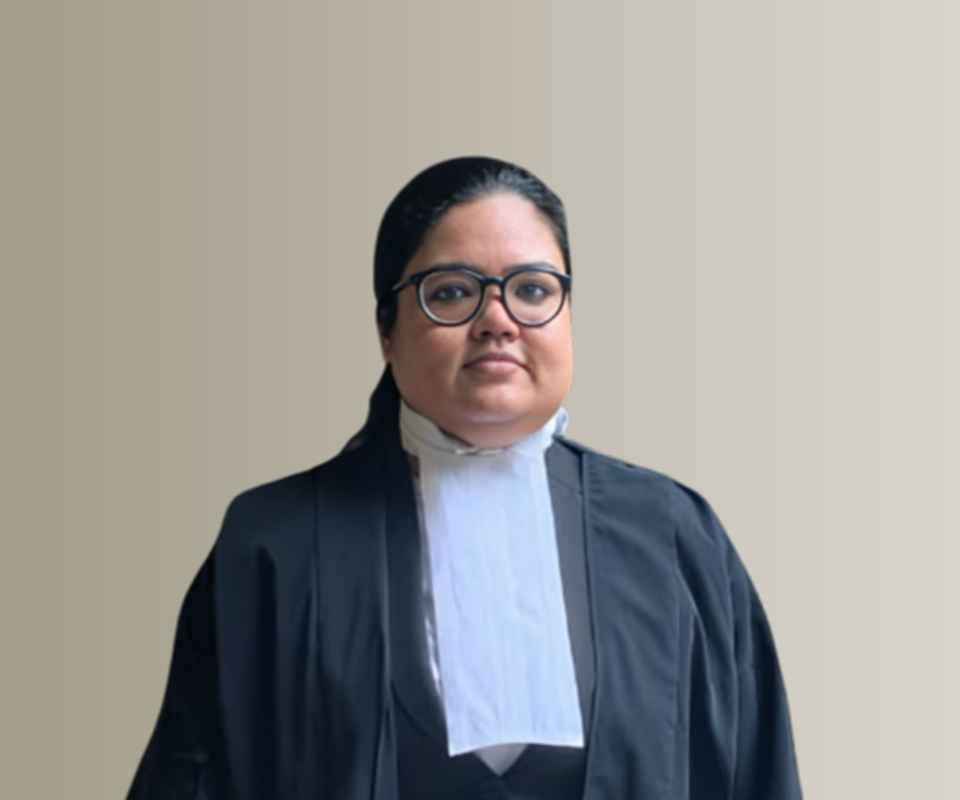Answer By law4u team
To apply for probate of a will in India, you need to submit several important documents to the court. These documents help establish the authenticity of the will and the legal authority of the executor to administer the estate. Common Documents Required for Probate of a Will: 1. Original Will The duly signed and attested original will of the deceased. 2. Death Certificate Official death certificate of the testator (person who made the will). 3. Application/Petition for Probate A formal petition filed by the executor or legal heir requesting the court to grant probate. 4. Affidavit by the Executor An affidavit stating that the will is genuine and the executor is willing to act. 5. Proof of Identity and Address of the Executor Documents like Aadhaar card, passport, voter ID, or driving license. 6. Succession Certificate (if applicable) Sometimes required to prove the right to inherit, depending on local court rules. 7. No Objection Certificates (NOCs) or Affidavits from Other Heirs Declaration from other legal heirs stating they have no objection to the probate. 8. Inventory of the Assets List of properties and assets covered under the will. 9. Other Supporting Documents Any other relevant documents like sale deeds, property documents, bank statements related to the deceased. Additional Notes: The court may also require attesting witnesses to the will to appear and testify if needed. The specific list of documents can vary depending on the jurisdiction of the court. Summary: To apply for probate of a will, you generally need: Original will, Death certificate, Probate petition, Executor’s affidavit, ID and address proof of executor, No objection certificates from heirs, Inventory of assets, Other relevant documents.









